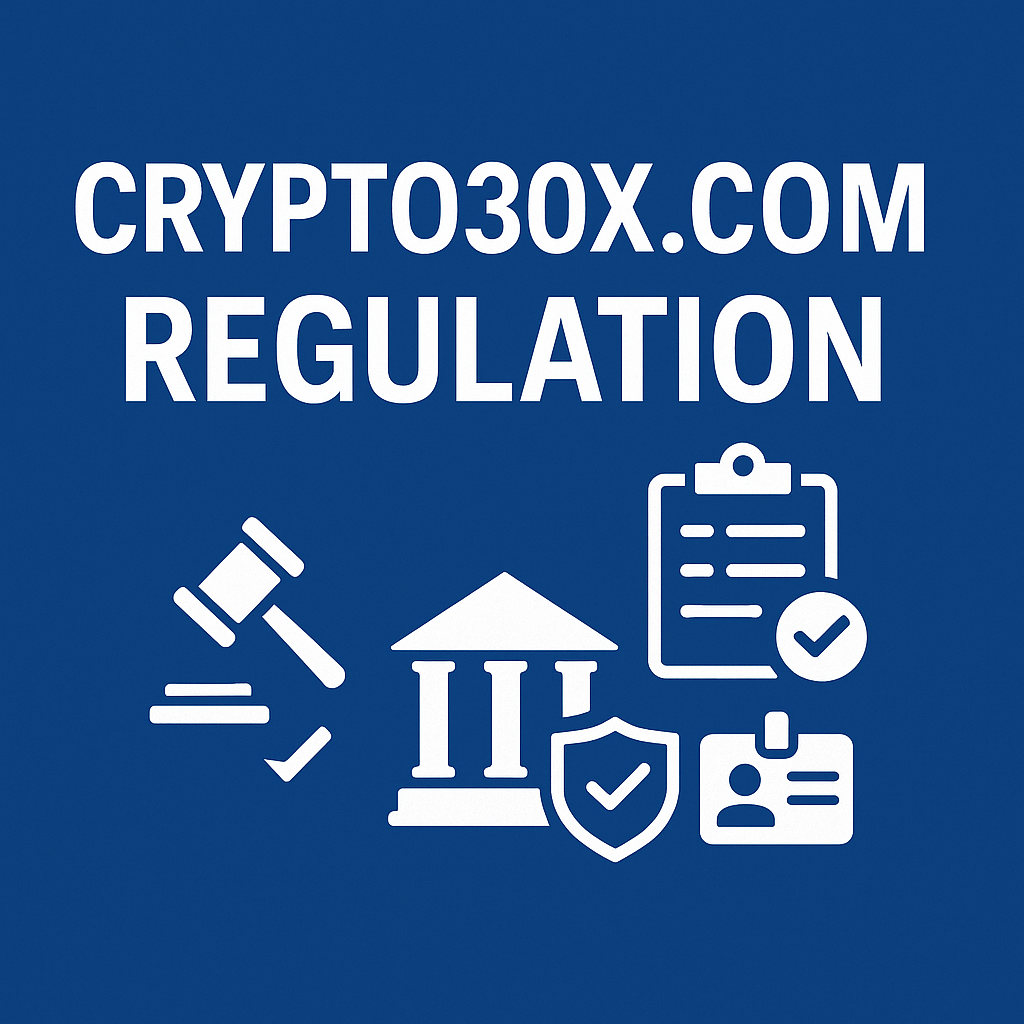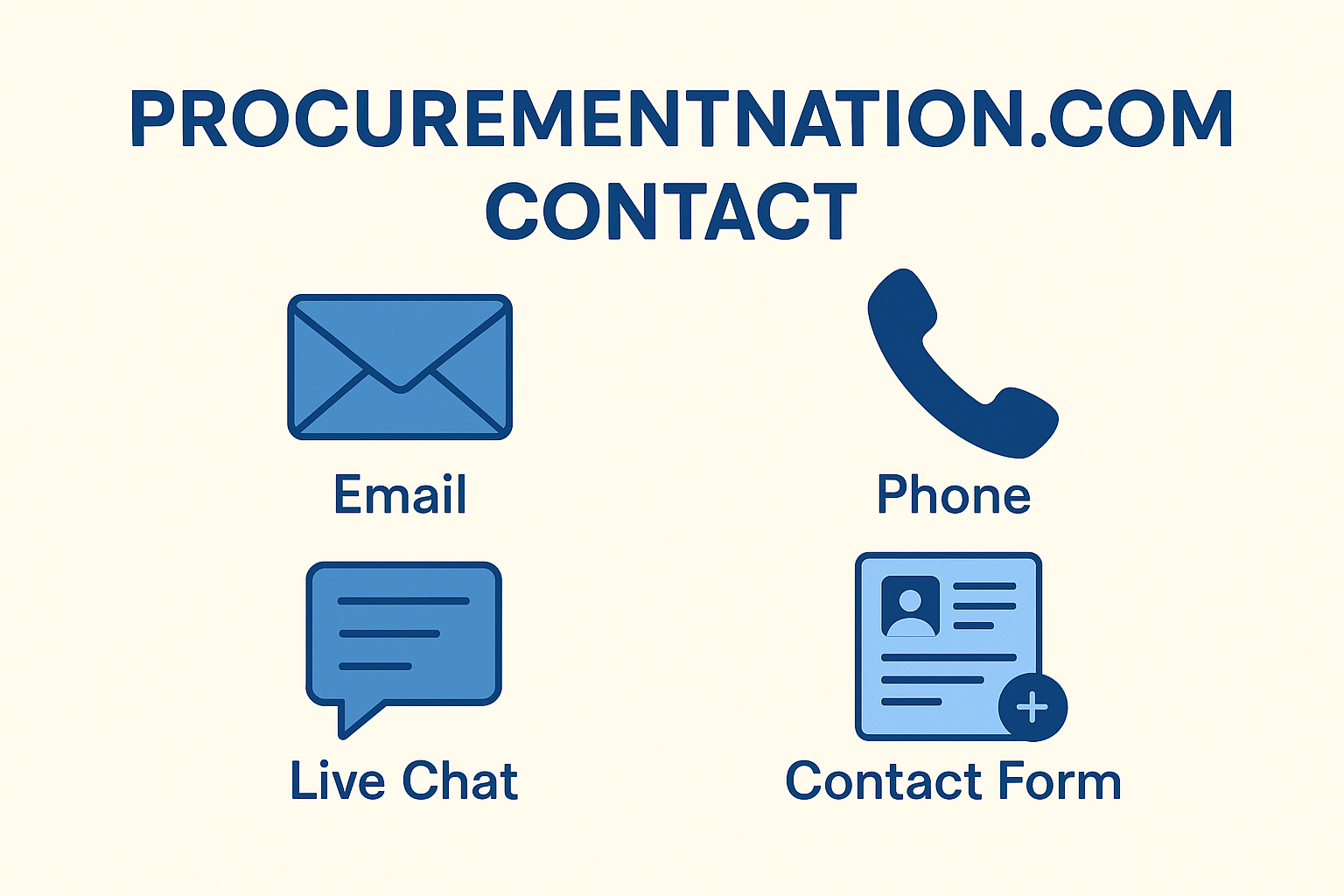Crypto30x.com Regulation : Complete Guide for Traders
Crypto30x.com is a cryptocurrency trading platform.
It promotes high-leverage trading up to 30× and claims to use AI tools like its Zeus trading assistant.Mylt34
In this guide, we will look at:
What different websites say about Crypto30x.com.
The facts about licensing, KYC, and audits.
The risks of using unregulated platforms.
What you should check before trading.
Is Crypto30x.com regulated?
The answers is not simple.
Some sources say it is regulated and follows strict rules.
Others say there is no proof.
Why Regulation Matters
When a trading platform is regulated, it must follow laws that protect customers.
This includes how they handle money, verify user identity, and report activities to authorities.
Regulation usually includes:
Licensing Approval from a government or financial authority.
KYC Know Your Customer Checking who the customer is before allowing trades.
AML Anti-Money Laundering Stopping illegal money transfers.
Transparency Public proof-of-reserves, audits, and company information.
Consumer Protection Rules for disputes and complaints.
Without regulation:
You may lose money and have no legal help.
Scams are more likely.
The company can operate without clear accountability.
What Different Sources Say About Crypto30x.com
Skeptical View
Websites like Coinlib, DeltaNative, and Coruzant say:
Crypto30x.com is not listed in major regulator databases such as the SEC USA, FCA UK, or ASIC Australia.
No license numbers or legal registration details are shown on the website.
The company’s exact location is unclear.
There is no public proof-of-reserves or independent audits.
Supportive View
Other sources, such as BTCC Square and TheMagazineTrend, claim:
Crypto30x.com follows KYC and AML rules.
It may have a license in Malta under the DASP Digital Asset Service Provider rules.
It is licensed in multiple countries.
It uses audits to ensure safety.
Problem: These claims do not include regulator links, license IDs, or official proof.
Key Topics in the Regulation Debate
Licensing and Jurisdiction
| Claim | Source | Verified Result |
|---|---|---|
| Has Malta DASP license | StartupBooted | Not found in MFSA public registry |
| Licensed in multiple countries | BTCC Square | No proof provided |
| Not licensed in SEC/FCA/ASIC | Coinlib, DeltaNative, Coruzant | Matches regulator searches |
KYC and AML Policies
Claim: The platform requires all users to verify identity.
Counterclaim: Coruzant says KYC is not always required.
Risk: If KYC is optional, the platform could allow anonymous trading, which is banned in many countries.
Transparency and Audits
| Feature | Claimed by Some | Issue Found |
|---|---|---|
| Proof-of-Reserves | BTCC Square | No public evidence available |
| Third-Party Audits | BTCC Square | No audit reports found |
| Security Information | Official site | No independent verification |
Leverage and Trading Risk
Crypto30x.com offers leverage up to 30×.
This means:
Profits can be multiplied 30 times.
Losses can also be multiplied 30 times.
Accounts can be wiped out quickly if the market moves against you.
Other countries’ rules on leverage:
UK FCA: Ban on high-leverage crypto products for retail customers.
Japan FSA: Leverage limited to 2–4×.
EU MiCA: Future limits expected.
Promoting high leverage without clear warnings can be misleading for beginners.
Global Regulation Overview
| Region | Regulator | Leverage Rules | License Status |
|---|---|---|---|
| USA | SEC / CFTC | Strict license needed for derivatives | No record found |
| UK | FCA | Ban for retail crypto derivatives | No record found |
| EU | ESMA / MiCA | New rules coming, possible leverage caps | No EU license found |
| Malta | MFSA | Has DASP license system | Claim exists, not verified |
| Japan | FSA | Max 2–4× leverage | No license found |
Conflicting Perspectives
Positive Claims:
Multi-country licensing.
Strong KYC/AML rules.
Third-party audits.
Secure trading environment.
Critical Findings:
No proof of licenses in official databases.
Mixed KYC enforcement.
No public proof-of-reserves or audit reports.
High leverage marketed without strong warnings.
Steps Before Using Crypto30x.com
Checklist for Traders:
Search regulator databases for the company name.
Confirm if KYC is mandatory before deposits.
Look for proof-of-reserves or independent audits.
Understand how leverage works and its risks.
Read the terms of service for jurisdiction details.
Start with a small deposit only what you can lose.
Summary Table: Claims vs Facts
| Topic | Claim | Fact |
|---|---|---|
| Licensing | Malta DASP license | Not found in registry |
| Multi-country approval | Licensed globally | No evidence |
| KYC rules | All users verified | Mixed reports |
| Transparency | Proof-of-reserves | Not shown |
| Audits | Third-party | No reports found |
FAQ
1. Is Crypto30x.com regulated?
There is no clear public proof that Crypto30x.com is regulated by major authorities.
2. Does it have a license in Malta?
Some say yes, but the MFSA registry does not list it.
3. Does it require KYC?
Some reviews say yes, others say no so it is unclear.
4. Does it publish audits or proof-of-reserves?
No public audit reports or verified proof-of-reserves have been found.
5. Can people in the USA or UK trade on it?
If the platform is not licensed in those countries, it may not be legal to use there.
6. What are the risks of using an unregulated platform?
No legal protection.
Possible fraud.
No guaranteed dispute resolution.
7. How can I check if a platform is regulated?
Search its name in official regulator websites.
Check for license numbers.
Verify them in government records.
8. What should I do if I trade on it anyway?
Use a small amount.
Withdraw profits often.
Keep transaction records.
Conclusion
Crypto30x.com regulation status is uncertain.
Some sources claim it is regulated, but no official proof has been found.
Key points:
No verified licenses in major markets.
No public proof-of-reserves or audit reports.
High-leverage trading increases risk.
Jurisdiction is unclear.
Until there is clear proof from official regulator sources, traders should be cautious.
In crypto, trust should be built on evidence, not marketing claims.







